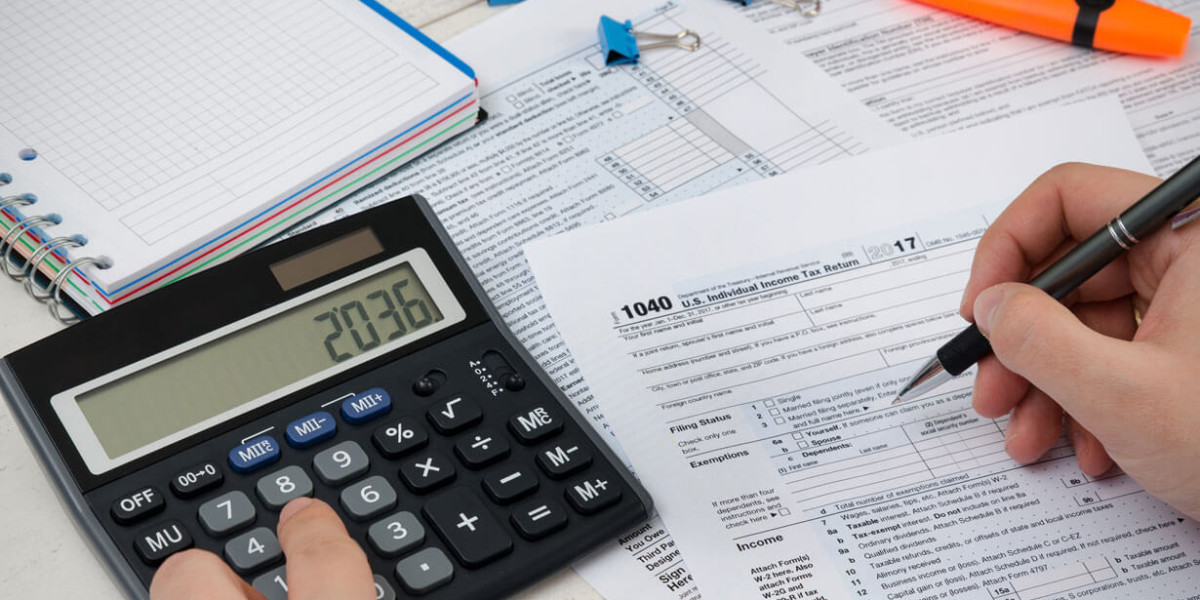Why Pursue a Diploma in GST Accounting and Taxation?
1. High Demand for GST Professionals
With the implementation of GST, there is a significant demand for professionals who can manage GST compliance, filing, and reporting. Businesses, accounting firms, and consultancy services are constantly seeking skilled GST practitioners.
2. Enhanced Career Opportunities
A diploma in GST accounting and taxation can open doors to various career opportunities. Graduates can work as GST consultants, tax analysts, accountants, and compliance managers, among other roles.
3. Comprehensive Knowledge
The GST diploma course provides in-depth knowledge of the GST framework, including registration, returns, refunds, and compliance. This comprehensive understanding is essential for handling GST-related tasks efficiently.
4. Competitive Edge
In a competitive job market, having a specialized diploma in GST can give you an edge over other candidates. It demonstrates your expertise and commitment to staying updated with the latest tax regulations.
Curriculum of the GST Diploma Course
The curriculum of a GST diploma course is designed to cover all aspects of GST accounting and taxation. Here are some of the key topics typically included:
1. Introduction to GST
- Overview of GST and its significance
- Key terminologies and concepts
- Differences between the previous tax regime and GST
2. GST Registration
- Eligibility criteria for GST registration
- Process of obtaining GSTIN (GST Identification Number)
- Amendments, cancellation, and revocation of registration
3. GST Returns
- Types of GST returns (GSTR-1, GSTR-2, GSTR-3, etc.)
- Filing procedures and deadlines
- Reconciliation and rectification of errors
4. GST Invoicing
- Requirements for GST-compliant invoices
- E-invoicing and its implementation
- Credit and debit notes under GST
5. Input Tax Credit (ITC)
- Eligibility and conditions for availing ITC
- Reversal and reclaim of ITC
- Common issues and solutions
6. GST Compliance and Audit
- Compliance requirements for businesses
- Preparation and submission of GST audit reports
- Handling GST notices and assessments
7. Advanced GST Topics
- GST on e-commerce and online transactions
- Anti-profiteering provisions
- Recent updates and amendments in GST laws
Online GST Diploma Course
For those who prefer flexible learning options, many institutions offer a GST diploma course online. Here are some benefits of pursuing a GST course online:
1. Flexibility
Online courses allow you to learn at your own pace and convenience. You can access course materials, attend live classes, and participate in discussions from anywhere.
2. Expert Instructors
Online GST courses are often taught by industry experts and experienced professionals. This ensures that you receive high-quality education and practical insights.
3. Interactive Learning
Many online courses offer interactive learning experiences, including live webinars, Q&A sessions, and discussion forums. This helps you clarify doubts and engage with fellow learners.
4. Updated Curriculum
Online GST courses are regularly updated to reflect the latest changes in GST laws and regulations. This ensures that you stay current with the evolving tax landscape.
5. Cost-Effective
Online courses are generally more affordable than traditional classroom-based programs. You can save on commuting and accommodation costs, making education more accessible.
Career Prospects After Completing a GST Diploma Course
Graduates of a GST diploma course can explore various career opportunities in the field of accounting and taxation. Some of the potential roles include:
1. GST Consultant
- Advising businesses on GST compliance and planning
- Assisting with GST registration and return filing
- Conducting GST audits and assessments
2. Tax Analyst
- Analyzing tax data and preparing reports
- Identifying tax-saving opportunities
- Ensuring compliance with tax regulations
3. Accountant
- Managing GST-related accounting tasks
- Preparing financial statements and tax returns
- Reconciling GST accounts and records
4. Compliance Manager
- Monitoring and ensuring adherence to GST laws
- Implementing compliance procedures and controls
- Handling GST-related disputes and notices
5. E-commerce Specialist
- Managing GST compliance for online businesses
- Handling e-invoicing and digital transactions
- Advising on GST implications for e-commerce
Conclusion
A diploma in GST accounting and taxation is a valuable credential for anyone looking to advance their career in the field of taxation. With the growing importance of GST in India, professionals with specialized knowledge and skills are in high demand. Whether you choose to pursue a traditional classroom-based program or a GST diploma course online, this qualification can significantly enhance your career prospects. If you are passionate about accounting and taxation, consider enrolling in a GST course today and take the first step towards a successful career in this dynamic field.








